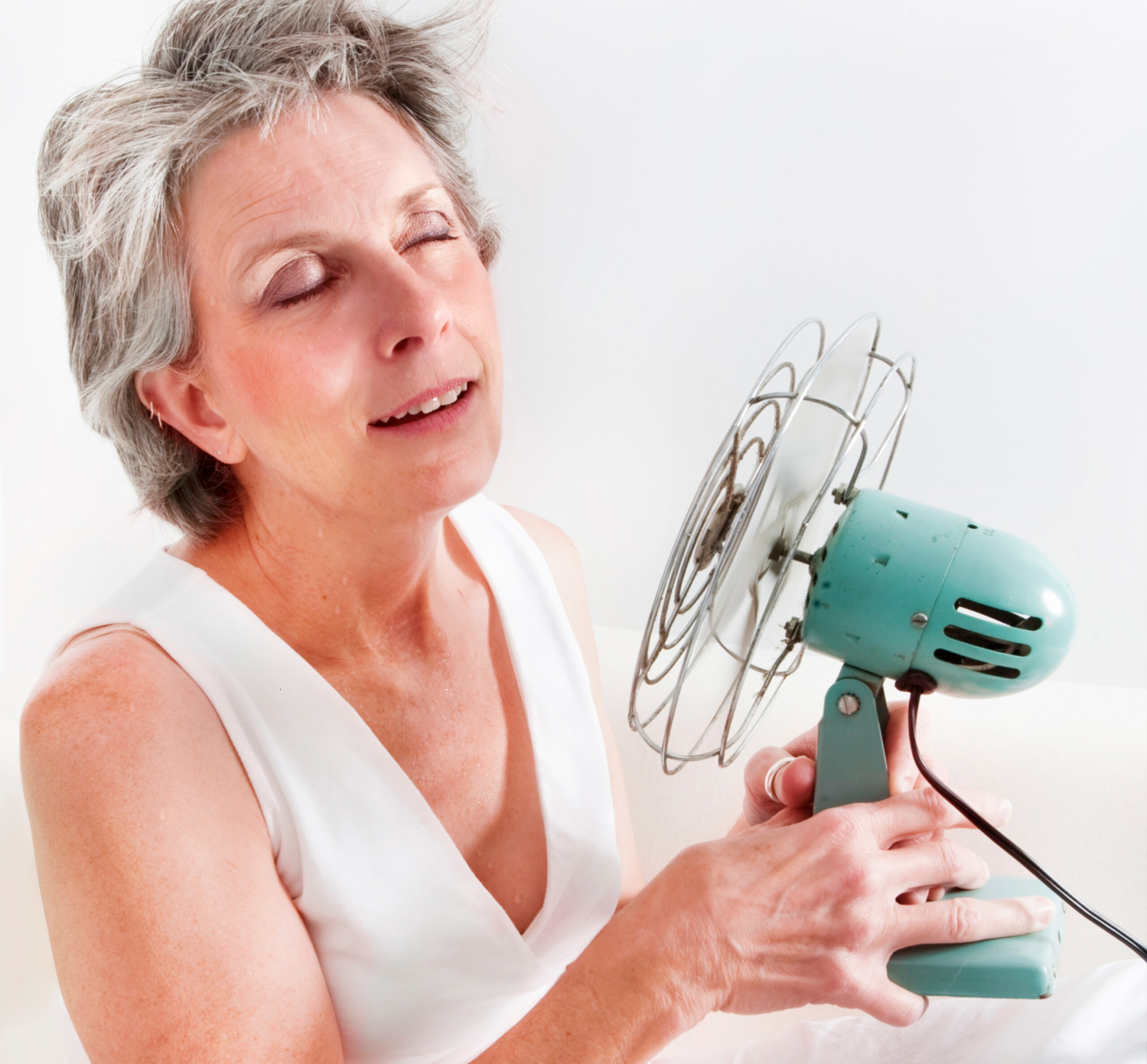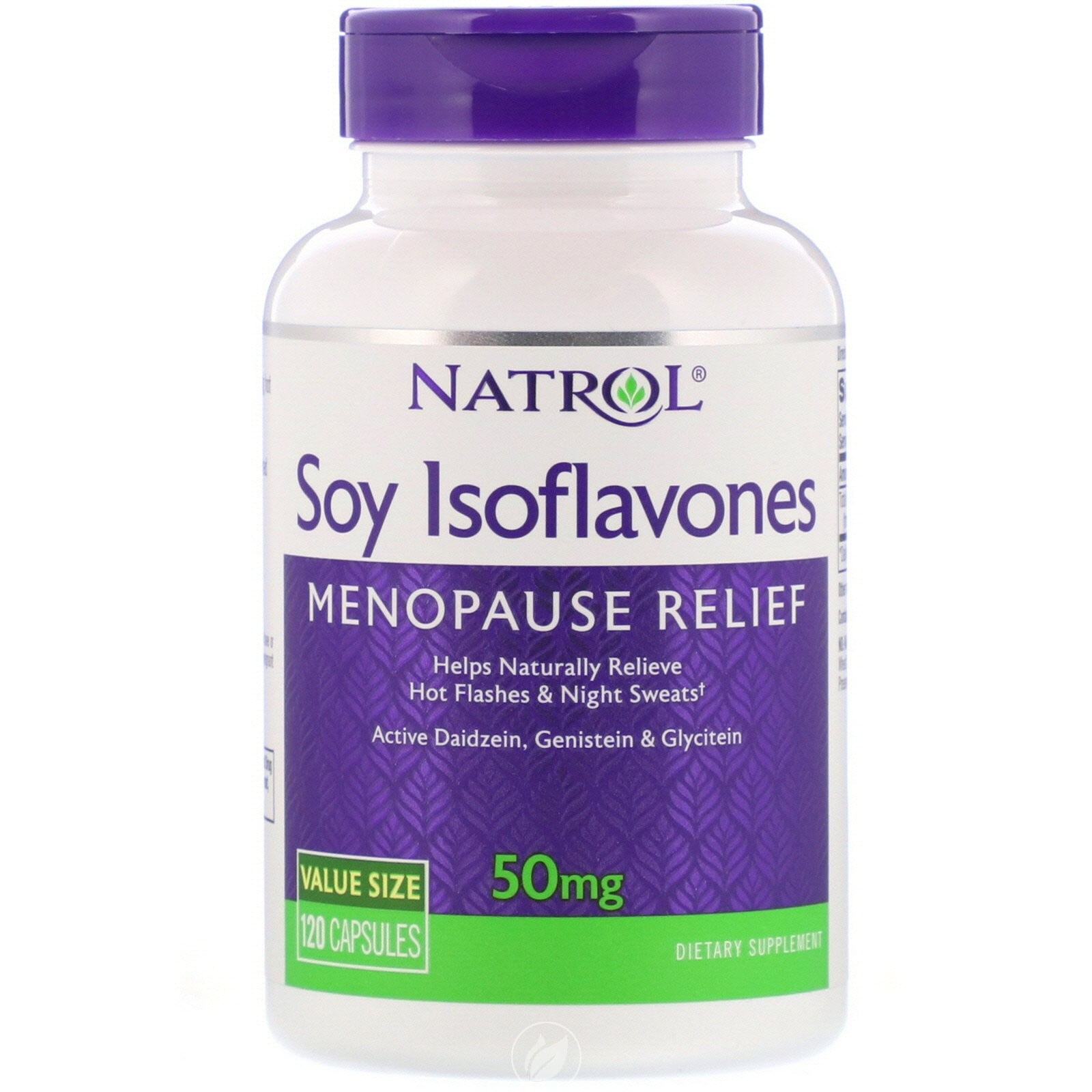Soy for hot flashes? It may sound surprising, but research suggests that this humble plant holds promising potential for alleviating the discomfort of hot flashes during menopause. Dive into the intriguing world of soy and its isoflavones as we explore their role in reducing hot flash frequency and severity.
From understanding the mechanisms behind soy’s cooling effects to incorporating soy-rich foods into your diet, this comprehensive guide will empower you with knowledge and practical tips to manage hot flashes naturally.
Soy Isoflavones and Hot Flashes
Soy isoflavones are a type of plant estrogen that has been shown to have a number of health benefits, including reducing the frequency and severity of hot flashes in women experiencing menopause.
Mechanism of Action, Soy for hot flashes
Soy isoflavones are thought to work by binding to estrogen receptors in the body, which can help to reduce the symptoms of estrogen deficiency that can occur during menopause. Estrogen is a hormone that helps to regulate body temperature, and when estrogen levels decline during menopause, it can lead to hot flashes.
Evidence from Scientific Studies
A number of scientific studies have shown that soy isoflavones can be effective in reducing hot flashes. For example, a study published in the journal Menopausefound that women who took 50 mg of soy isoflavones per day for 12 weeks experienced a significant reduction in the frequency and severity of their hot flashes.
Another study, published in the journal Obstetrics & Gynecology, found that women who took 100 mg of soy isoflavones per day for 8 weeks experienced a 50% reduction in the number of hot flashes they experienced per day.
Other Benefits of Soy for Women

Soy offers numerous health benefits for women beyond its role in mitigating hot flashes. It contains isoflavones, plant-based compounds that mimic the effects of estrogen, which can provide relief during menopause.
Reduced Risk of Certain Cancers
Soy consumption has been linked to a reduced risk of certain cancers, particularly breast and endometrial cancer. Studies suggest that isoflavones may interfere with the growth of cancer cells by blocking estrogen receptors.
Improved Bone Health
Soy is a rich source of calcium and vitamin D, which are essential for maintaining bone health. Isoflavones have also been shown to promote bone formation and reduce bone loss, making soy an excellent dietary choice for women at risk of osteoporosis.
Overall Well-being During Menopause
Soy can help alleviate other menopausal symptoms beyond hot flashes. Isoflavones have been found to improve mood, reduce anxiety, and protect against heart disease, which are common concerns during menopause.
Comparison to Other Plant-based Sources of Isoflavones
Soy is the richest plant-based source of isoflavones, but other legumes and grains also contain these compounds. Chickpeas, lentils, and tofu are good alternatives for those who prefer non-soy sources. However, it’s important to note that the isoflavone content in these foods is significantly lower than in soy.
Cautions and Considerations

Soy consumption is generally considered safe, but there are a few potential side effects and contraindications to be aware of:
-
-*Allergic reactions
Soy is one of the most common food allergens, so individuals with known soy allergies should avoid consuming soy products. Symptoms of a soy allergy can range from mild, such as hives or itching, to severe, such as anaphylaxis.
-*Gastrointestinal issues
Consuming large amounts of soy can cause gastrointestinal issues, such as gas, bloating, and diarrhea. These symptoms are usually mild and temporary, but they can be bothersome for some individuals.
-*Interactions with certain medications
Soy can interact with certain medications, such as blood thinners and thyroid medications. It is important to talk to your doctor before consuming large amounts of soy if you are taking any medications.
Important Guidelines
To use soy safely and effectively for hot flash management, it is important to follow these guidelines:
-
-*Start slowly
Gradually increase your soy intake over time to avoid gastrointestinal issues.
-*Choose whole soy foods
Whole soy foods, such as edamame, tofu, and tempeh, are better sources of isoflavones than processed soy foods.
-*Limit processed soy foods
Processed soy foods, such as soy protein isolate and soy sauce, contain lower levels of isoflavones and may be associated with negative health effects.
-*Talk to your doctor
Before consuming large amounts of soy, it is important to talk to your doctor to discuss your individual needs and to rule out any potential contraindications.
General Inquiries: Soy For Hot Flashes
Can soy worsen hot flashes for some women?
While soy is generally well-tolerated, some women may experience increased hot flashes or other side effects. If this occurs, it’s recommended to reduce soy intake or consult a healthcare professional.
What is the recommended daily intake of soy isoflavones for hot flash relief?
Research suggests that consuming 50-100mg of soy isoflavones daily may be beneficial for reducing hot flash frequency and severity.
Are there any contraindications to consuming soy?
Individuals with soy allergies or certain medical conditions, such as thyroid issues, should consult a healthcare professional before consuming soy.



